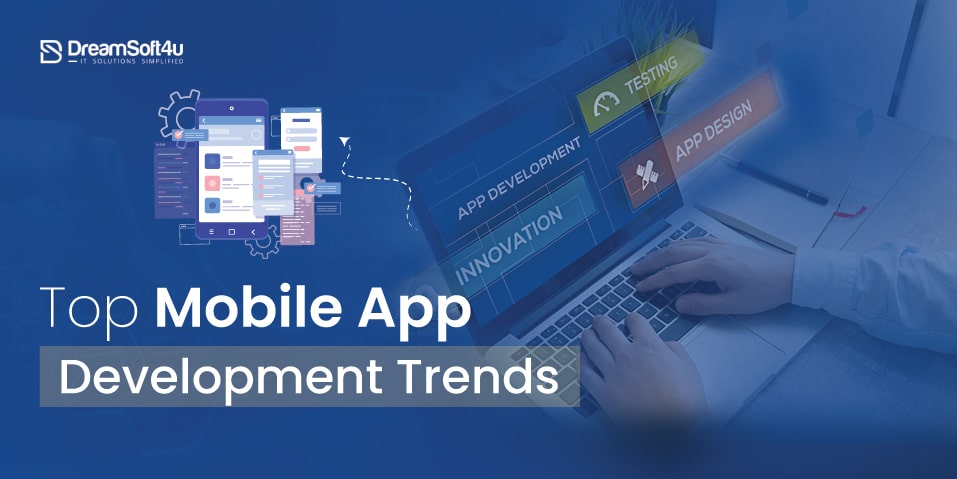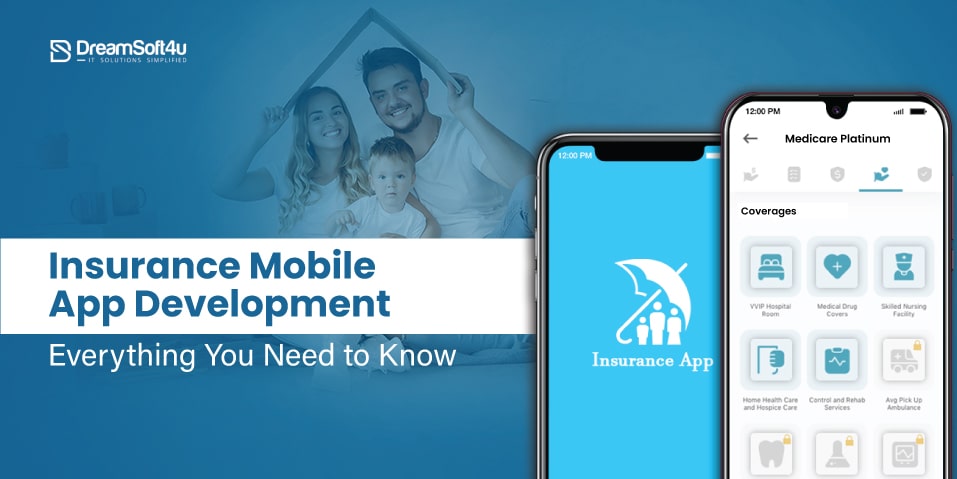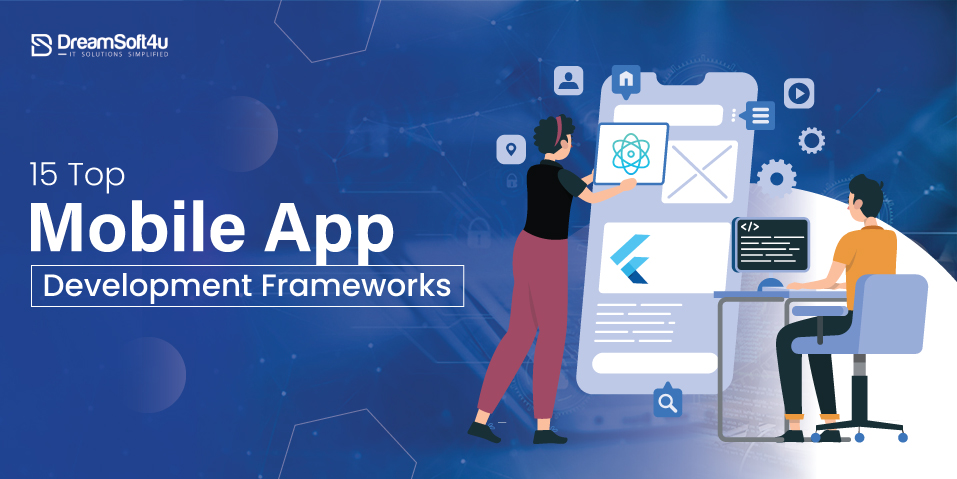Developing healthcare software can be challenging but very rewarding. It needs technical skills, knowledge of rules, and an understanding of healthcare needs. Software Development for Healthcare in the previous years has come out to be the most effective business strategy for healthcare entrepreneurs. In the blog, we will help you learn how to create healthcare software.
Whether you want to make an electronic health record (EHR) system or a health app we will cover the basics. You will learn about understanding user needs, keeping data secure, and following regulations. This introduction will give you a good starting point to build strong and user-friendly healthcare software.
Table of Contents
ToggleWhat is the Scope of Medical Software Development?
Information Technology has mushroomed in every sector with its scalability. Therefore, the Healthcare Software Development Companies has also taken advantage and revolutionized itself to a considerable extent. The utilization of Electronic Health Records (EHR), Medical History, etc., has extended the healthcare parameters.
According to some experts’ reports, the global expansion of the healthcare market is expected to grow to USD 40.781 Billion by 2025. The annual growth rate will stand at 23.55% (CAGR) in its forecasting period.
So, this was the future scope of the healthcare industry. Now, we will see the development process. What are the essentials that should be kept in mind while developing medical software by the top Healthcare Software Development Companies.
What are the Popular Types of Healthcare Software?
Digitalization has made the medical system entirely. Now sending medical images and transferring data through electronic devices has become a core functionality of the solution. Therefore, let us take a glance over some of the popular healthcare software built so far.
1. Practice Management System:-
The solution acts as CRM (customer relationship management) utilized in medical practices. It helps in bringing together all the clinical & administrative processes. Simultaneously, it aids in handling the entire work flawlessly.
2. Electronic Medical Record:-
Electronic Medical Record is popularly abbreviated as EMR. It is the digital alternative to the archive of paper documents. The software simplifies the work of physicians. A doctor can quickly check and analyze patient records and whatnot.
3. Patient Portals:-
The most popular ones in the healthcare sector are the patient portal & mobile apps. People believed in getting home healthcare due to work schedules, health issues, or commuting problems. Patient portals give them accurate health records, the best physician’s appointment, fewer readmissions, and many other facilities.
These were a few popular tools that are in trend in the healthcare sector. People interested in developing one for their businesses may get a look over the development process given below.
What are the Simple Steps for Healthcare Software Development?
Whenever we think of building a medical application, hospital management system, or other digital solution, one must consider some aspects. Firstly, the company must decide to progress with custom medical software development or a ready-made one.
Many organizations put their faith in developing different healthcare solutions as per their business needs. So, here is a checklist of what you should consider before asking for any healthcare software development for those companies.
1. Target Audience
It is essential to know who your business audience is. Your business will be targeting the medical practitioner, decision-makers, or healthcare providers, or it may be targeting the patients. A surface study will not work here.
You have to give a deep insight into your target audience to work on the business strategy flawlessly. Simultaneously, it gives precise knowledge about customer behaviour and business policies.
2. Functionality
Again an important topic to consider before any development. Functionality-what kind of features or attributes will your healthcare software cover? Either it will give services to the medical practitioners, or it will be available for regular users like patients.
Is it helpful in treating chronic conditions, or will it be discussed in both acute & chronic states? Features related to health reports, scheduling of appointments, daily patient records, etc., are some of the popular features one can add to their healthcare solution.
3. Design User-Friendly UI/UX
Designing plays a crucial part in medical software development. It seems unwanted when any software lacks an intuitive design. It stands as the central aspect of the software. For making appealing designs, and easy-to-handle solutions, developers and designers work parallelly to provide a high-class UI and the best user experience. It is also a part of the consideration that design, fonts, colour, and text alignment are beautifully organized in a solution.
4. Data Protection Facilities
Collecting and storing data through digital health techniques gives a high risk of an information breach. Thus, ensuring security should be a priority. Any healthcare development must ensure the prior safety of data and information.
For instance, the US government follows HIPAA compliance in all its healthcare developments. It makes sure all the data and patient information remains in safe hands.
5. Successful Integration
Ask software engineers to provide compatibility & integration facilities with all devices. Whether it is a third-party app or a company’s app, it should integrate with all devices and applications. There should be no problem with compatibility with any device.
Integration also allows any user to transfer or share any file at any point in time. Simultaneously, the integration must not obtain downtime, delays, or anything that can cause a bad user experience.
6. Testing
Testing is the second half of the development process. Once an app structure has been created, it is sent to the testing team for any bugs & errors. The team then picks out the errors or bugs and immediately informs the developer unit.
After resolving the errors, bugs, or any other offence custom healthcare software development company will put the app or software to go live on the respective platform.
Want to Build Custom Healthcare Software For Your Business?
Connect with our dedicated IT Professionals
Final Words:
Software Development for Healthcare needs careful planning, technical know-how, and an understanding of healthcare. You can build useful and reliable software by focusing on what users need, keeping data safe, and following rules. The aim is to make patient care better and healthcare processes smoother. You can create software that makes a positive difference with the right approach and attention to detail. Also, keeping up with trends and user feedback will help you improve your software.
FAQs
Q1 What are the key features needed in healthcare software?
Essential features include secure data storage, user-friendly interfaces, integration with other systems (like EHRs), and compliance with healthcare regulations.
Q2 How do I ensure the software is compliant with healthcare regulations?
Research and follow relevant regulations like HIPAA (in the US) or other local laws. Work with legal experts and compliance specialists to ensure your software meets all requirements.
Q3 What steps should I take to protect patient data?
Implement strong encryption, use secure authentication methods, regularly update software, and conduct security audits to protect patient data.
Q4 How can I make sure the software is user-friendly for healthcare professionals?
Involve healthcare professionals in the design process, conduct usability testing, and design intuitive interfaces that simplify tasks and workflows.
Q5 What are the common challenges in developing healthcare software?
Challenges include ensuring compliance with regulations, integrating with existing systems, handling sensitive data securely, and keeping up with rapid technological changes.



















